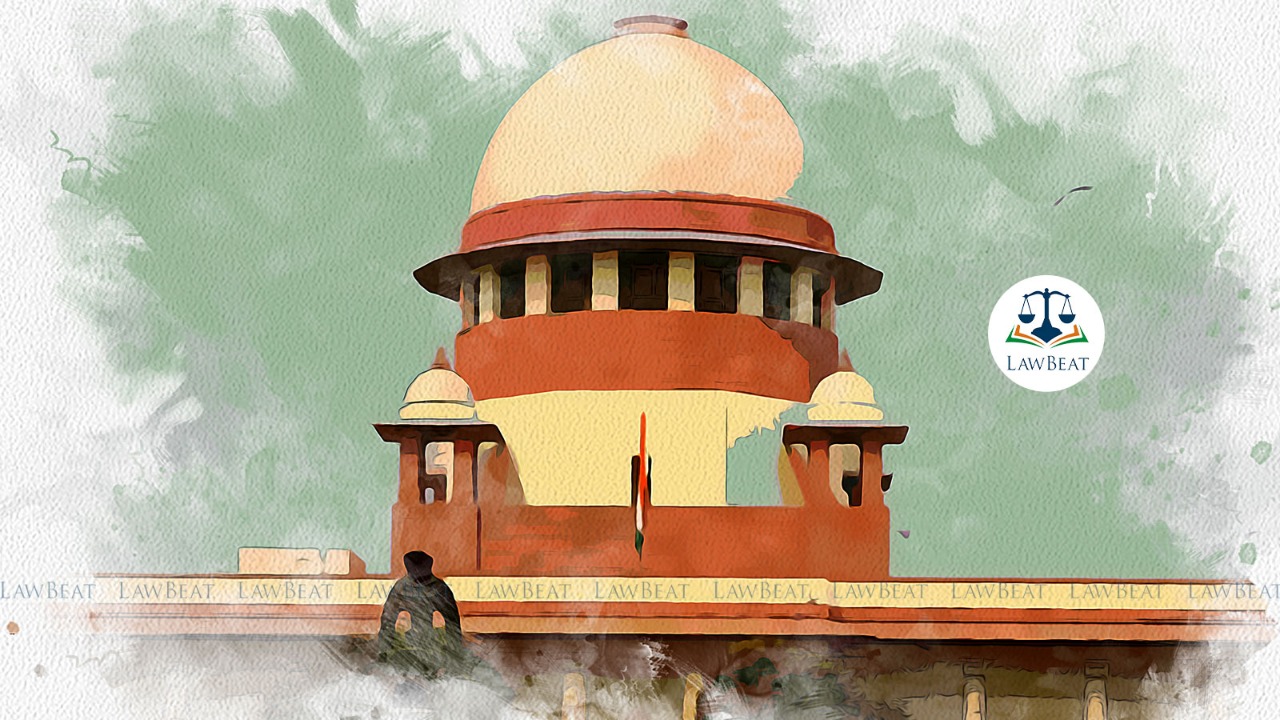Supreme Court on curbing menace of Capitation fees, directs Private Medical Colleges not to accept fees in cash

The Supreme Court while agreeing with the suggestion of the Amicus Curie has stated that the management of private medical colleges should not accept any fees in cash to avoid the charging of capitation fees.
A bench of Justice L Nageswara Rao and Justice BR Gavai directed that "a web portal under the aegis of Supreme Court has to be set up wherein any information about the private medical colleges charging capitation fees can be furnished by the students."
The bench further referred to a Judgment of the Apex Court in the case of TMA Pai Foundation & Ors. v. The State of Karnataka, wherein the court while dealing with the issue of the evil practice of charging a capitation fee had observed that a rational model should be adopted by the management, which would not be entitled to charge a capitation fee.
In addition to this, the Supreme Court also referred to its judgment in the case of the Islamic Academy of Education and Anr. v. State of Karnataka and Ors. wherein it had observed that once the fee is fixed by the Committee, the institute cannot charge either directly or indirectly any other amount over and above the amount fixed as a fee.
After taking note of the suggestions and comments of the counsel appearing for the States, Medical Colleges, and National Medical Council, the Amicus Curie made suggestions to the bench, and accordingly the bench gave the following directions:
- A web portal under the aegis of the Supreme Court has to be set up wherein any information about the private medical colleges charging capitation fees can be furnished by the students;
- The Chief Secretaries of the States and Union Territories are directed to publish the details about the web portal in the English as well as in vernacular newspapers at the time of admission;
- While fixing the schedule for the admission process, the National Medical Commission and the Dental Council of India have to make sure that the counseling for all the rounds, including the stray vacancy round, is completed at least two weeks before the last date of admission;
- The names of students who are recommended by the authority for admission in the stray round vacancy have to be made public along with the rank allotted to them in the NEET exam. The admissions should be made strictly based on merit and in the event of any admission to the contrary, suitable action shall be taken against the private medical colleges;
- While fixing fees, the Fee Fixation Committees of the States should take into account all the components of fee, leaving no scope for managements to charge any additional amounts apart from what has been prescribed by the fee fixation committee from time to time;
- The management of private medical colleges is strictly prohibited from accepting payment of fees in cash, to avoid charging capitation fees. The students or any other aggrieved persons are at liberty to report on the web portal regarding the collection of fees in cash by any medical colleges;
- The Director-General of Health Services and other concerned authorities to the State Governments should ensure that the All-India Quota and State Quota rounds of counseling are completed strictly by the schedule that is fixed.
The court was hearing a plea challenging the order of the High Court wherein a petition was filed by students and private medical colleges were challenging the Fee Fixation Committee's order for undergraduate Medical courses for the academic years 2004-2005, 2005-2006, and 2006-2007. The High Court had allowed the plea filed by the students and dismissed the petitions filed by the management of private medical colleges.
In furtherance of this, the Apex Court in the Special Leave Petition (SLP) dated August 16, 2010, had put a stay on the judgment of the High Court subject to the condition that the private medical colleges would refund fees to the students in terms of the order of the High Court and that the students furnish bank guarantees.
The main issue before the bench was concerning the menace of avoiding capitation fees.
The bench has expressed its concern that despite the legislation, the said practice has not been effectively stopped.
Concerning the issue, the bench in order to put in place effective measures to end the practice of charging capitation fees had appointed Senior Advocate Salman Khurshid as an Amicus Curiae and asked him to make a detailed analysis of the problem and suggest an appropriate mechanism by which the charging of the capitation fee can be stalled.
In furtherance of this, the Amicus filed an interim status report on October 7, 2014, in which it was stated that the situation in the State of Karnataka has improved considerably after the directions and pronouncements of this Court. Taking the status report into account the bench directed the matter to be listed for further directions.
The matter was listed for May 4, 2022, and the Amicus was directed to take note of the submissions made by the learned counsel for curbing the illegal practice of charging capitation fees and submit a note along with its suggestions.
Cause Title: Rashtreeya Sikshana Samithi Trust Etc. Vs. Committee For Fixation of Fee Structure Of Private Professional Colleges & Ors. Etc.
